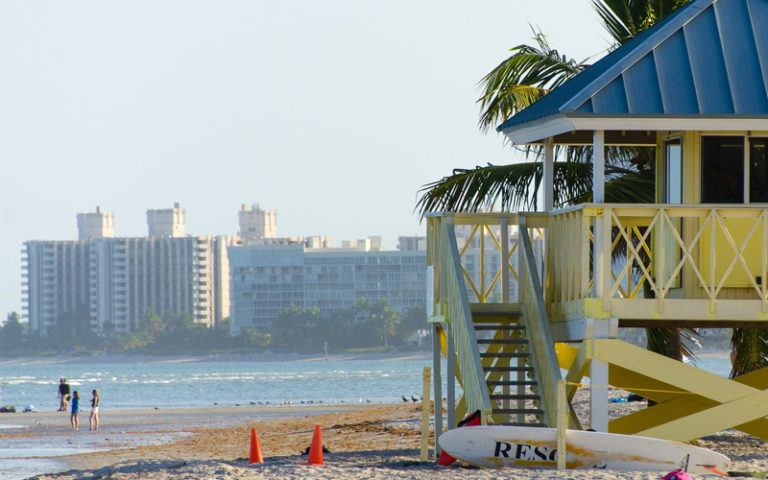Florida Summary Administration: the “simplified” probate process. Read this article to learn more about it.
The probate process varies subtly from state to state, and in Florida, there are specific rules that apply when someone dies owning property in the state. However, when it comes to probate, Florida shares some similarities with other states. Many jurisdictions have placed laws that allow for a “simplified” probate process when the value of an estate is less than a certain amount – known as Summary Administration. Florida is no exception.
Is Summary Administration Always the Best Choice When Available?
Sometimes it is not practical to choose summary administration even if it is available.
The Will leaves the property to several beneficiaries, each of whom would have to sign the contract to sell the property as well as the deed and other closing documents.
If some of the beneficiaries named in the will are minors, guardianships may have to be set up and maintained until adulthood is reached. However, in a formal estate administration, the personal representative may avoid this through the Florida Uniform Transfers to Minors Act.
In some cases, the location of one or more of the beneficiaries is unknown. Formal probate administration allows the accommodation of a missing heir, summary administration does not.
In case one of the beneficiaries refuses to cooperate with the others, formal administration may be required in order to sell the property. The alternative to this is a partition lawsuit filed by one or more owners, the costs of which generally exceed formal probate administration costs.
Which Estates Qualify for Florida Summary Administration?
An estate can qualify for Florida summary administration only under one of two specific circumstances:
- An estate will qualify for Florida summary administration if the total value of the probate property does not exceed $75,000. This number does not include the value of the decedent’s protected homestead real estate.
- An estate will also qualify for Florida summary administration if the owner of the property has been dead for more than two years, regardless of the total value of his or her assets.
Will Estates Owned by Nonresidents Qualify?
The heirs or beneficiaries of a nonresident in Florida who owns real estate located within the state can qualify for summary administration under the same circumstances mentioned above: The value of the deceased nonresident’s Florida real estate must not exceed $75,000, or the nonresident has been dead for more than two years.
How Long Does Florida Summary Administration Usually Take?
The Florida summary administration process begins when a petition for Summary Administration is filed directly with the Florida probate court. If the decedent was married, the surviving spouse must review, verify, and sign the petition. The beneficiaries named in the will do not necessarily have to sign the petition; however, those who do not sign must be formally given notice that the petition has been filed with the court.
The petition must include a full list of the assets and property owned by the decedent, the specific value of each asset, and the name of the beneficiary who is to receive each asset.
The Florida court will then review the petition and issue an Order of Summary Administration. This will release the decedent’s property to the beneficiaries of the estate. Typically, no executor or personal representative is required.
The process can take as little as a week or two for small estates but, in most cases, it will likely take up to a month or two. However, this is still significantly less time than Florida formal administration usually takes to complete.
Should You Choose Florida Summary Administration When Available?
Although the Florida summary administration process might appear to be significantly more cost-effective and far less time-consuming than the formal administration process, it is a blessing that may come with some curses in some situations, as mentioned above.
You must consult with a Florida Probate Attorney if you believe a will contest is possible, if the estate that is being closed has multiple creditors, if there are heirs who have not been located, or if the estate does not have sufficient money or value to pay all creditors.
An experienced Florida probate lawyer can help you determine the best course of action when you are dealing with an estate that has turned out to be more complex than it seemed. This is where Farshchian, P.A. comes in.
To get in touch with us, learn more about our probate services, and schedule an initial consultation, call us today at (305) 901-5628 or send us an email to Probate@JFRealEstateLaw.com.




